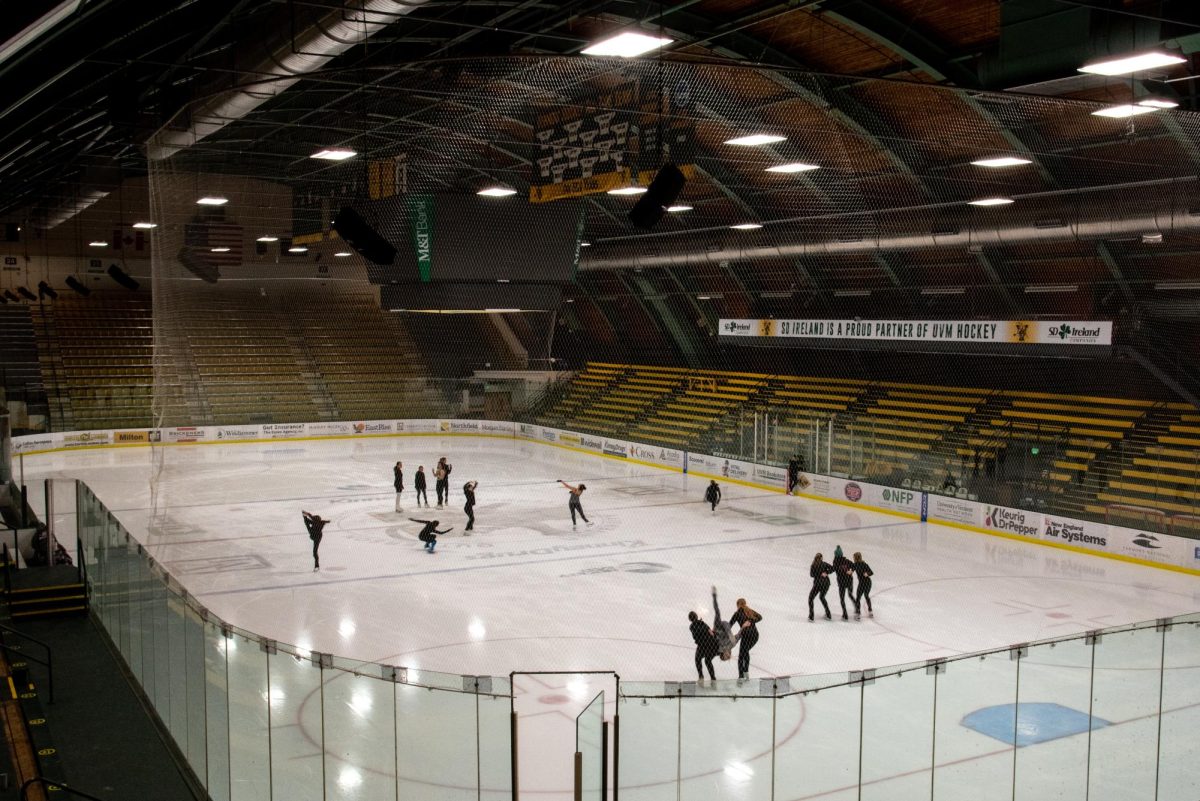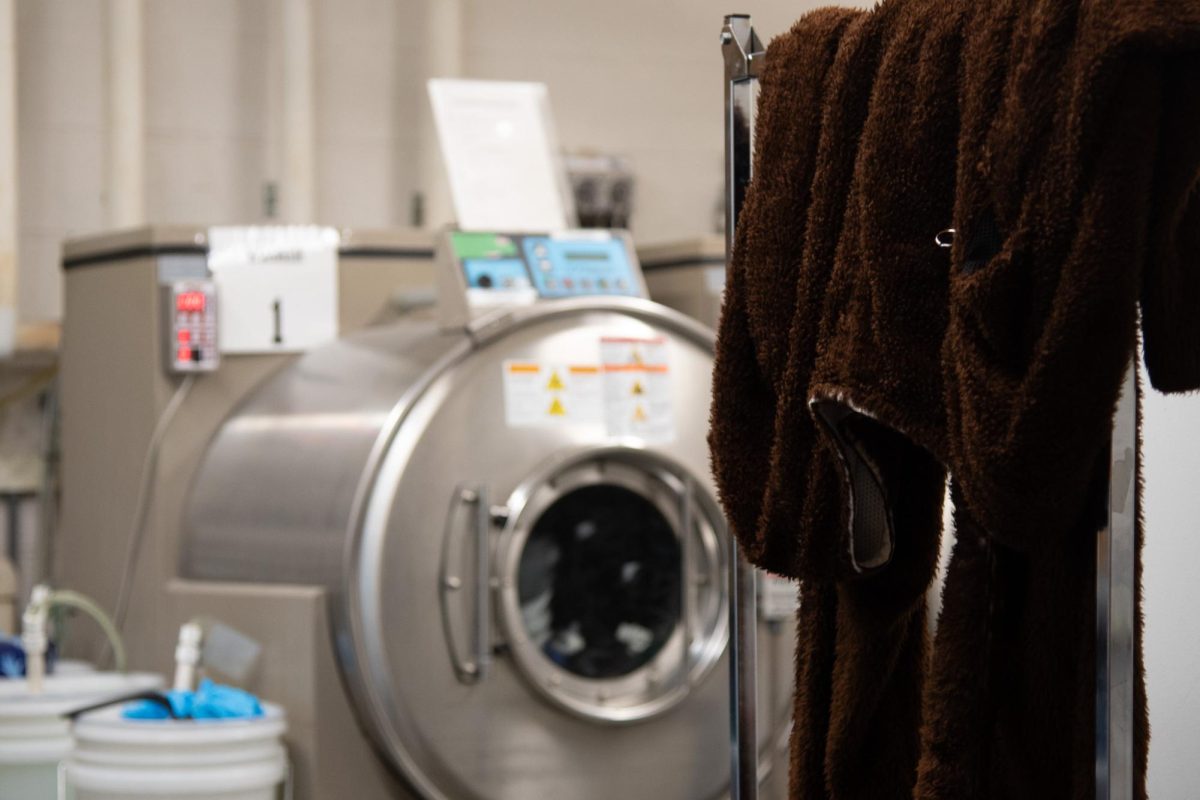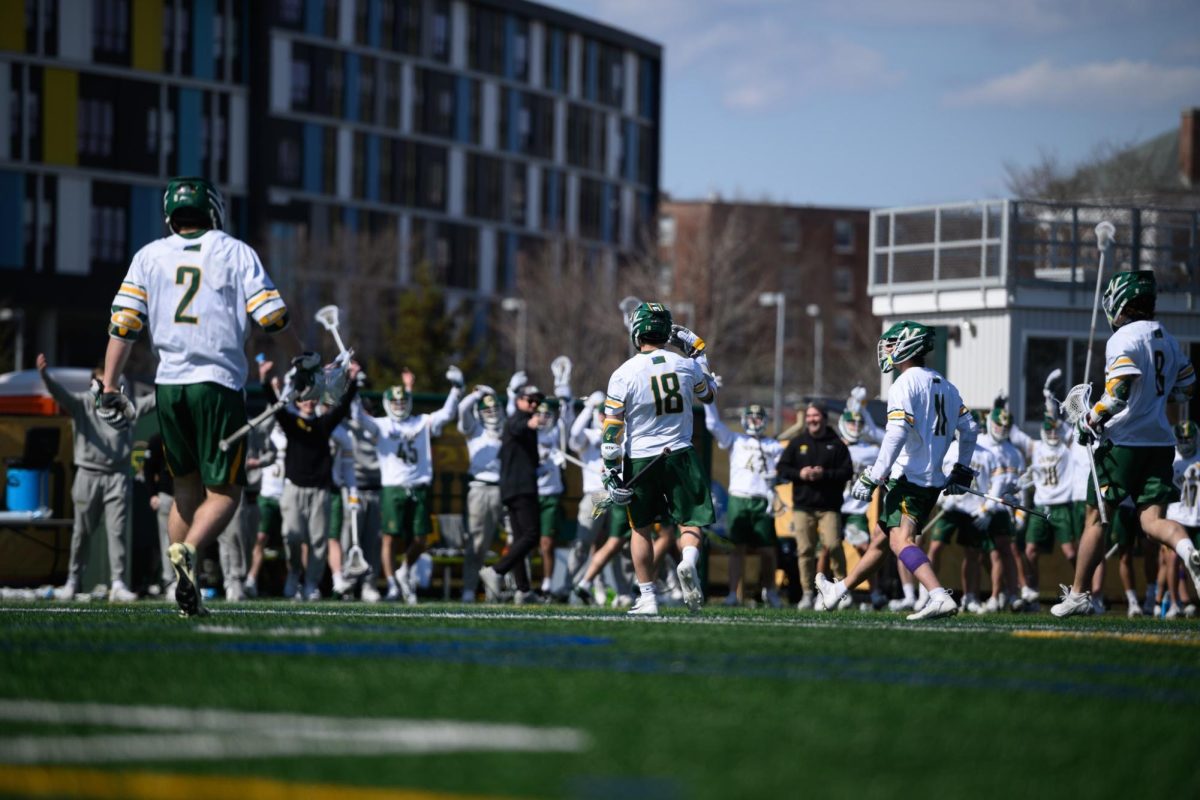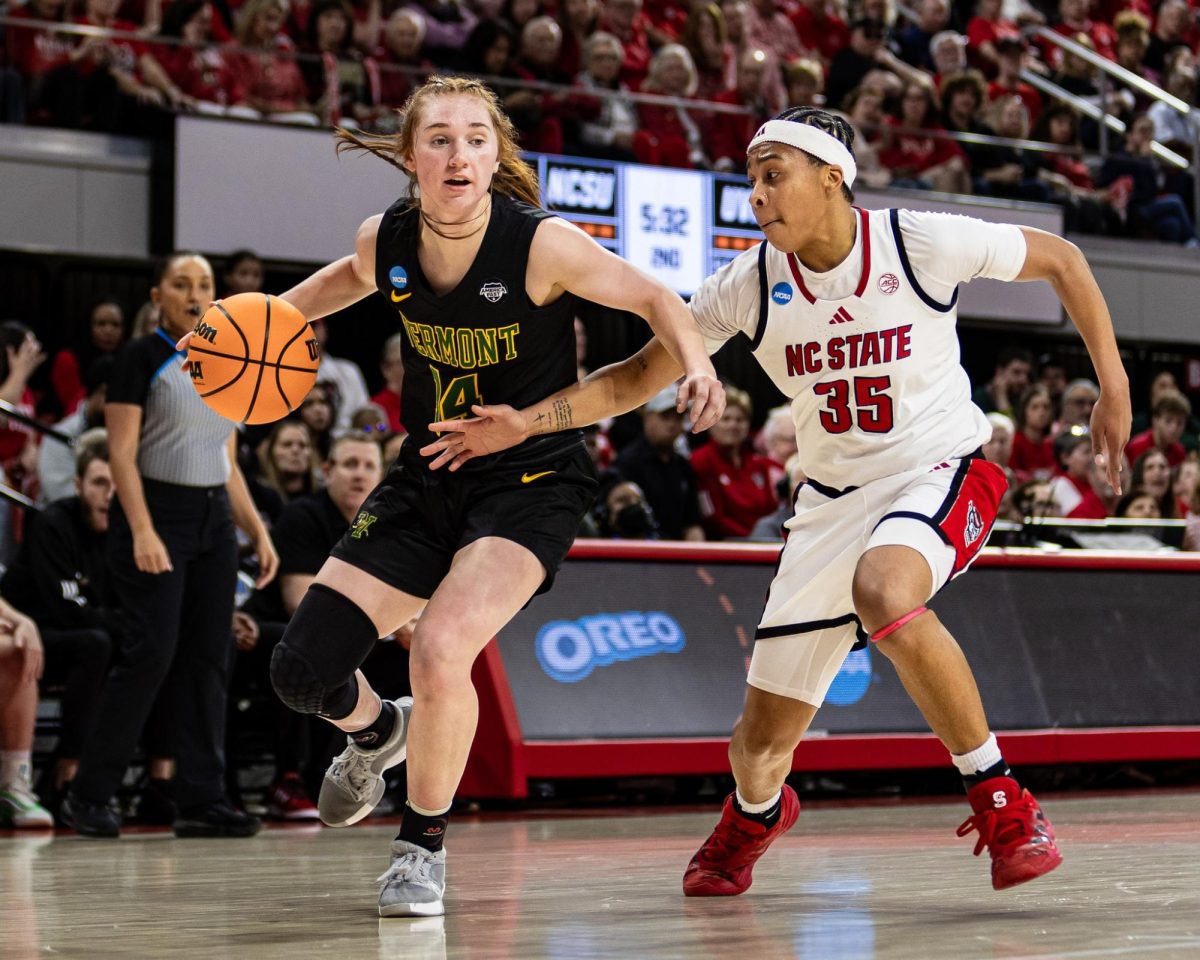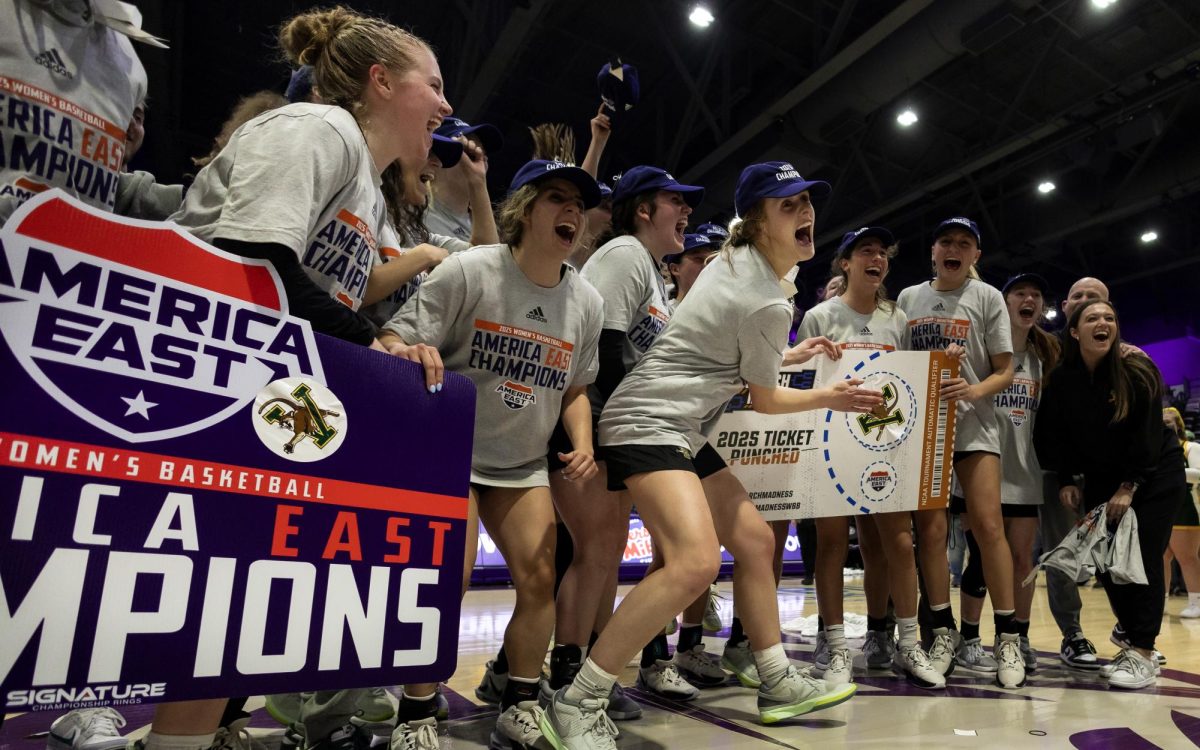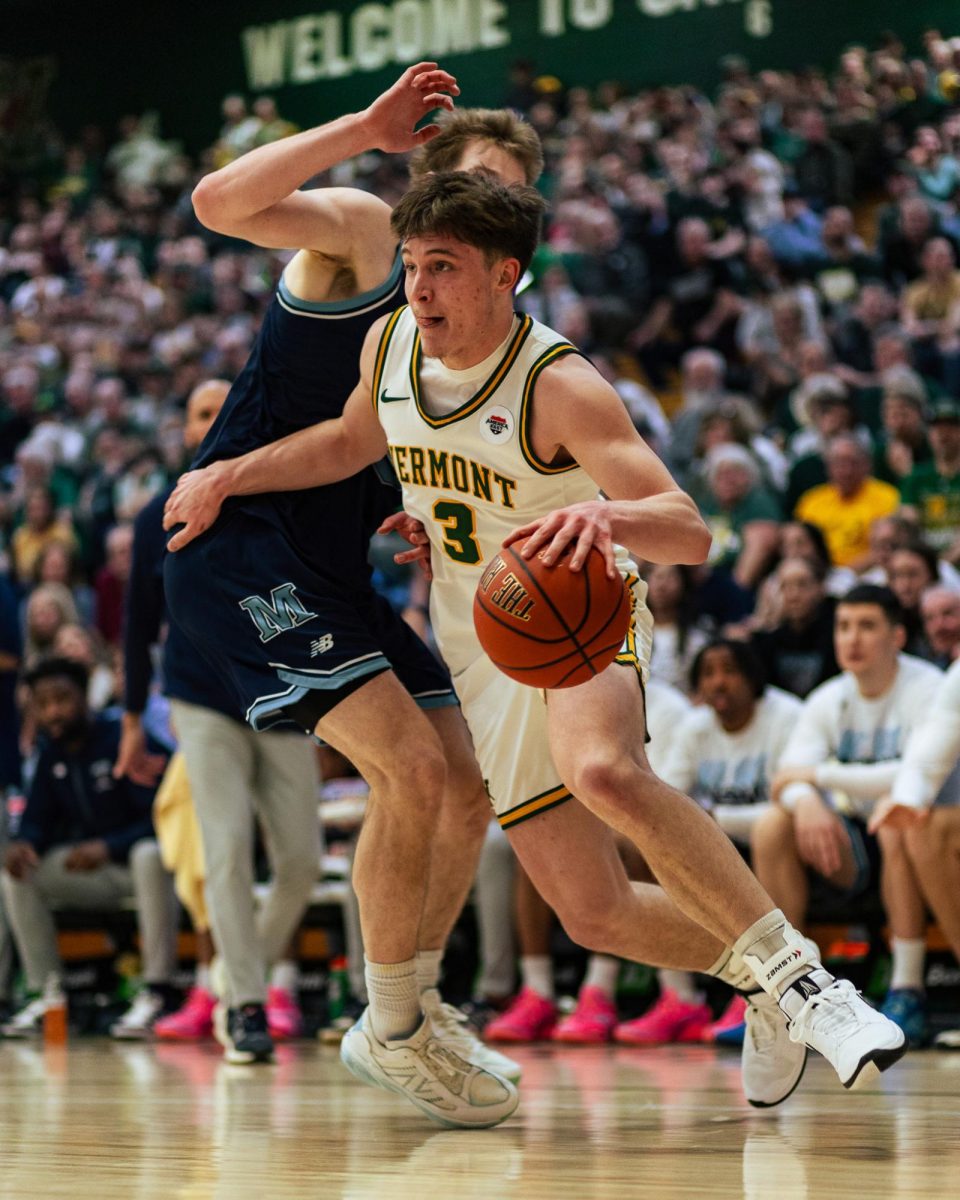After a devastating loss to the New York Jets, watching the championship and Super Bowl Sunday as a New England Patriots fan can only be described as torture.
My immediate thought after the loss, to put it bluntly, was “What the hell just happened?” But after holding back tears, as well as punches, I came to grips with the fact that the season was over. The shock that it ended in such unusual fashion given the past decade was the most difficult part.
But then I had a moment to reflect and thought of all the Boston fans older than myself — whether it be 10 years or five decades — who had come to expect end results like this before the turn of the century.
The year 2000 was when I became a true sports fan, and there was no better time I could have done so. That decade became a span of dominance for Boston teams who excelled in all four of the major sports and delivered playoff appearances, championships and the lifting of an 86-year-old curse.
Over the past decade, Boston sports fans have experienced the greatest decade for a single sports city ever. Ever.
Sports are prevalent in every major city worldwide, so a claim of this magnitude is bold, but the numbers back it up.
First, it is worth noting Boston is one of 13 unique cities in the United States that host a team in each of the four major sports.
At the onset of the decade, the Red Sox had experienced a loss in the ALCS to the hated Yankees, and as if that wasn’t enough, they proceeded to watch them win their third and fourth consecutive World Series titles.
The Patriots had experienced uncertainty surrounding the head coaching position.
The Bruins finished fifth in the division in 1999, their second worse finish since the 1967 season, and the Boston Celtics just ended a decade in which they didn’t win a championship. Fans were coming to expect losing results — little did we know Boston was about to experience a playoff and championship-littered decade in all four major sports.
To begin the decade, the Patriots rattled off three Super Bowl wins in four years, one of which was a monumental upset against the heavily favored St. Louis Rams deemed “The Greatest Show on Turf” in the 2001-2002 season. In 2002, Boston saw the Celtics reach the conference finals. However, they lost to a Jason Kidd-led Nets team. In 2003, the decade of dominance began to emerge.
Although the woes continued for the Red Sox in 2003 — when they lost in heartbreaking fashion to their hated rivals to the south after Aaron Boone crushed a Tim Wakefield knuckleball into the dark New York skyline — they had established themselves as a team ready to fight for a World Series. The Patriots continued to succeed, winning Super Bowls in back-to-back years against the Carolina Panthers and Philadelphia Eagles in 2003 and 2004, respectively.
Placed in between these two championships, the Red Sox made a major move trading away Nomar Garciaparra to bolster its defense for a playoff run. Down 3-0 in the series against the Yankees in the ALCS, Boston’s playoff fortunes seemed to be coming to an end in a familiar fashion: another loss.
But then there were four days in October 2004 that changed everything. Big Papi — David Ortiz — lifted Boston’s spirits in extra innings on back-to-back nights, inspiring a team to pull off the greatest comeback of all time in any sport. The Red Sox then swept the Cardinals in the World Series to establish themselves as World Series Champions for the first time in 86 years.
The victory changed everything for Boston. Yes, the Patriots had won, but a World Series for Boston in such dramatic fashion was the epitome of joy for Boston fans.
Next week we examine other dominant decades in sports history and reveal why Boston’s decade trumps them all.


